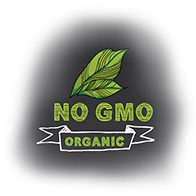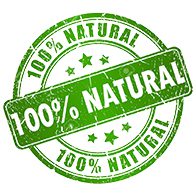
Introduction to Organic Fruit Tree Fertilizers
Nowadays, organic fertilizers are becoming the best choice for many orchard owners. Fruit trees are essential for many farmers or people who make money from them. Organic fruit tree fertilizer is natural and feeds trees and the soil without any chemicals or synthetic fertilizer. Synthetic fertilizers do not boost health naturally, unlike organic fertilizers.
Why Fruit Trees Need Specialized Fertilizers
Fruit trees are not like other houseplants. For consistent growth, flowering, and fruiting, these long-living, heavy-feeding, slow-maturing powerhouses require the right nutrients.
Fruit Trees’ Particular Nutritional Needs
Different growth cycles are experienced by fruit trees. They produce new leaves in the early spring. They bloom and set fruit in the middle of the season. They later store energy for the following year in their roots. At every stage, they require distinct nutrients:
Nitrogen (N) for growth and foliage
Phosphorus (P) for the growth and blooming of roots
Potassium (K) for robust fruit production and resistance to disease
Remember micronutrients, which are tiny but powerful players, such as calcium, magnesium, and sulfur.
Advantages of Organic Fruit Tree Fertilizers
Switching from ordinary synthetic fertilizer to organic methods now is a trend, especially friendly to humans’ health.
Improve Soil Structure
Unlike synthetic fertilizer, organic fertilizer can help to improve soil structure, which can keep water and increase beneficial bacteria.
Promote Tree Growth & Increase Fruit Production
Organic increases fruit trees’ stable growth, has deeper roots, and can increase their resistance to pests.
Increase Fruit Nutrients Value
Fruit trees that are fertilized with organic fertilizers do not only have the feature of healthiness; also often higher in vitamins and antioxidants.



















